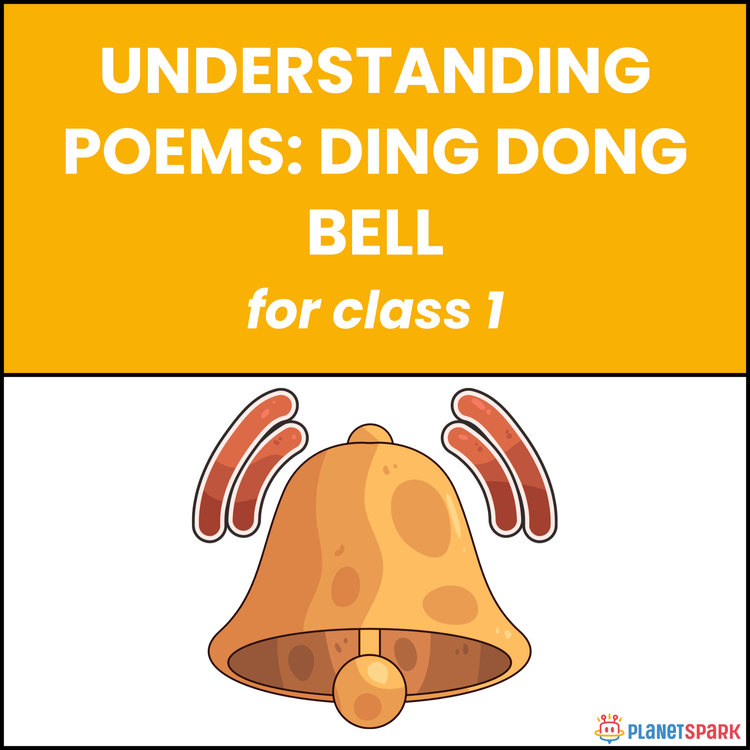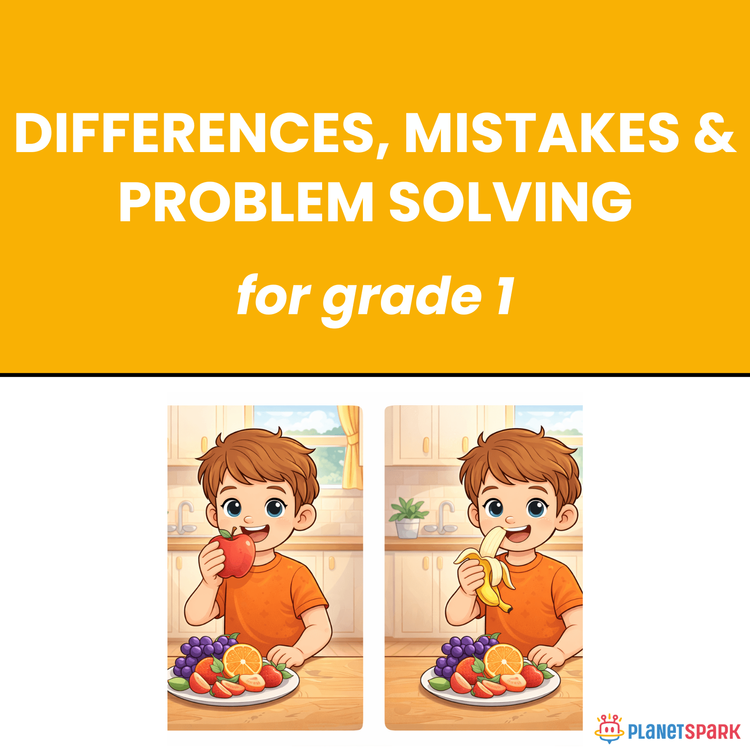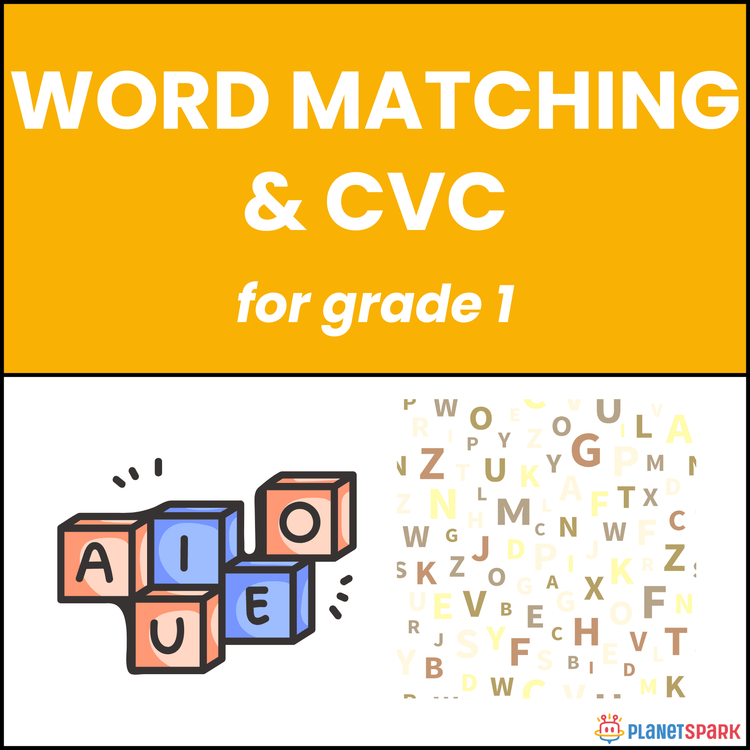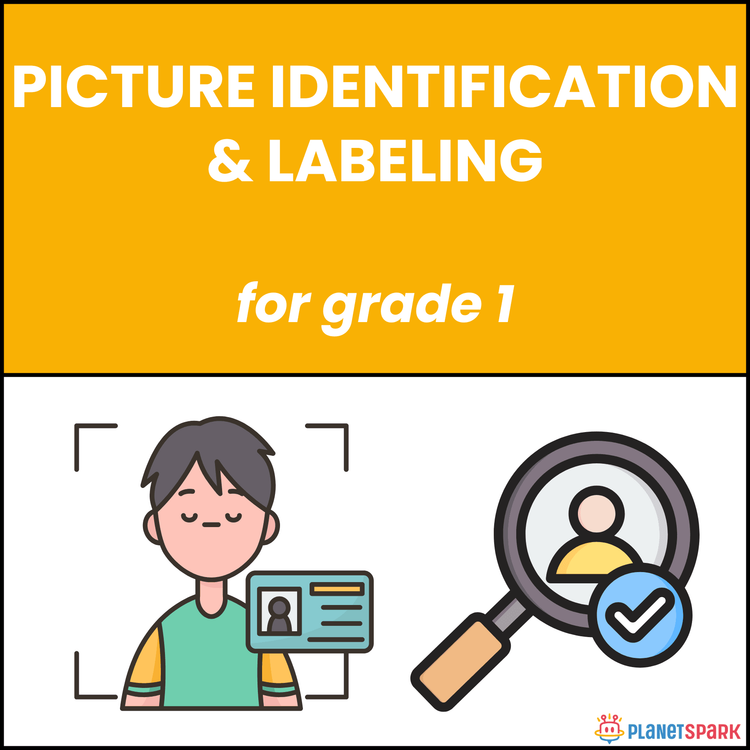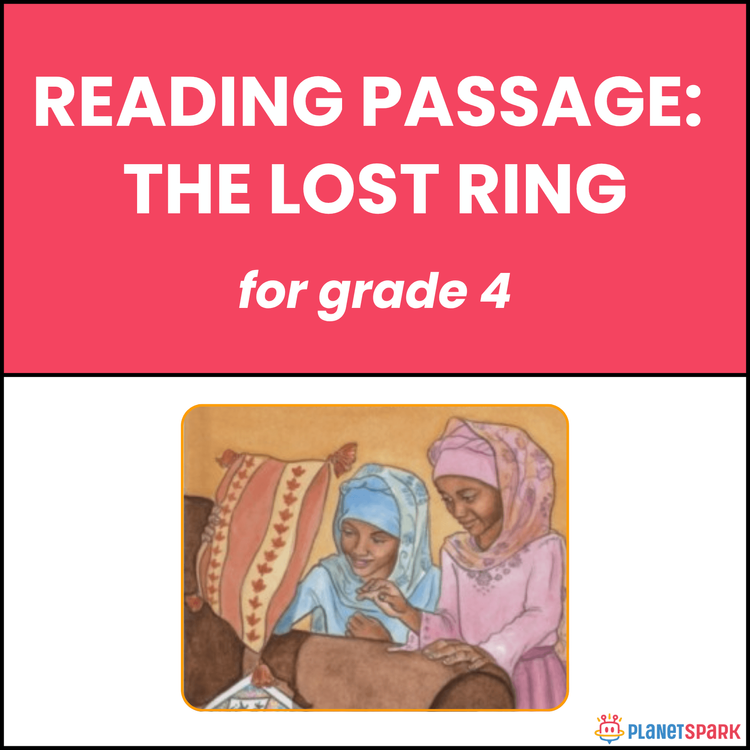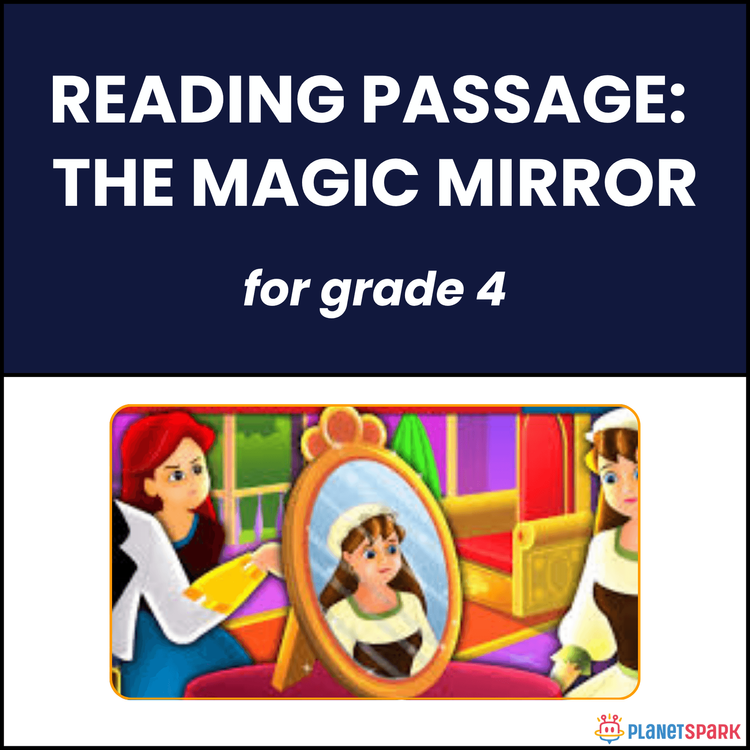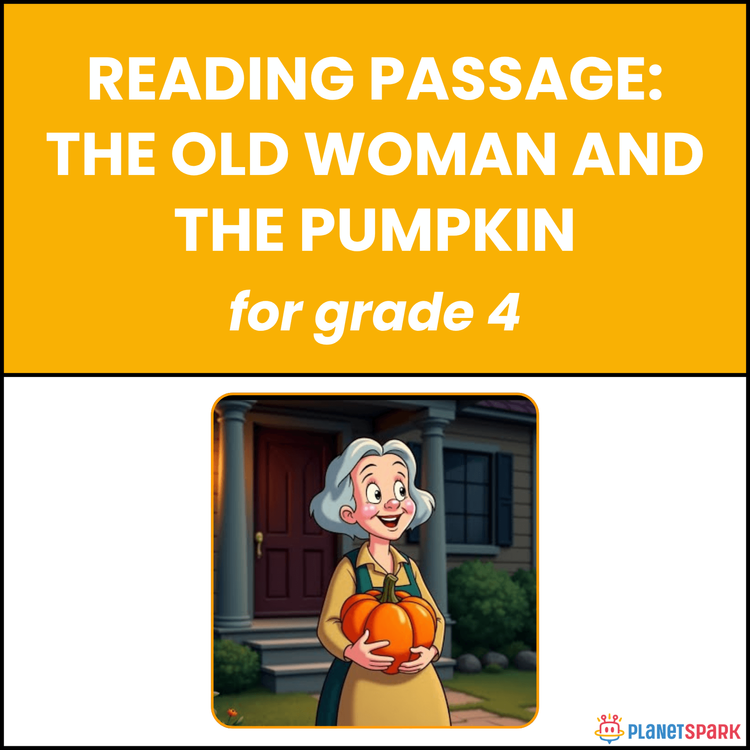Class 1 English Worksheet on Easy Homophones
Class 1EnglishEnglish GrammarFree DownloadPDF
Mariyam Farhana BVisit Profile
I’m a passionate educator with 3 years of experience in teaching English and communication skills to learners of all ages. I’ve worked with reputed institutions like EnglishCafe, Hidhaaya Islamic College for Women, and currently, PlanetSpark. Helping students grow, gain confidence, and succeed is what drives me every day.
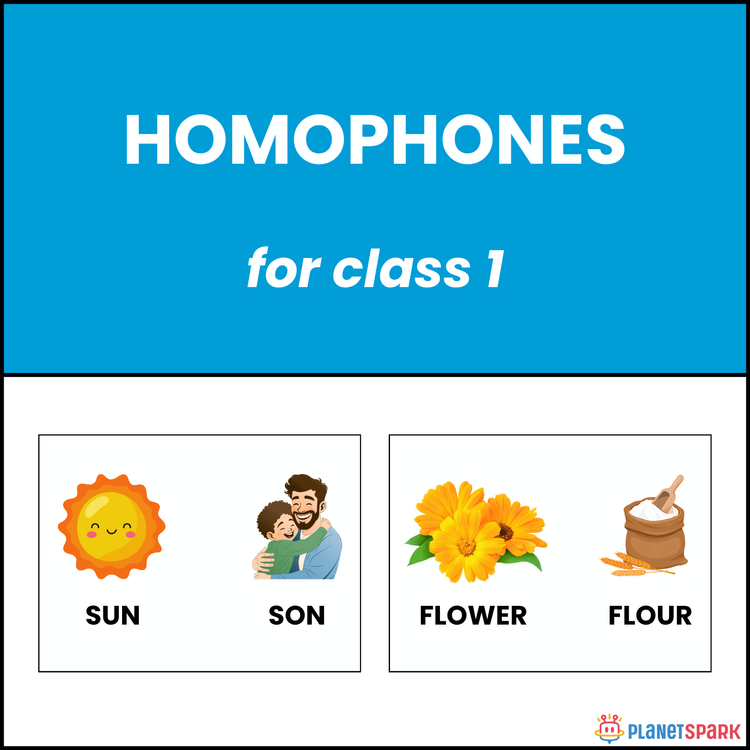

Class 1 English Worksheet on Easy Homophones
Class 1EnglishEnglish GrammarFree DownloadPDF
Mariyam Farhana BVisit Profile
I’m a passionate educator with 3 years of experience in teaching English and communication skills to learners of all ages. I’ve worked with reputed institutions like EnglishCafe, Hidhaaya Islamic College for Women, and currently, PlanetSpark. Helping students grow, gain confidence, and succeed is what drives me every day.
Sounds the Same: Easy Homophones for Class 1
This Grade 1 English worksheet helps young learners explore the fun world of homophones, words that sound the same but have different meanings and spellings (like sun and son). Designed with engaging, child-friendly exercises such as match the pairs, fill in the blanks, sorting, MCQs, and sentence correction, this worksheet makes grammar learning interactive and memorable.
Why Homophones Matter in Grammar?
1. Homophones teach children how to listen carefully and choose the right spelling based on context.
2. They help improve reading comprehension and spelling accuracy.
3. They build word awareness by showing how meaning changes with spelling.
4. They prepare students for advanced vocabulary and grammar lessons in higher grades.
What’s Inside This Worksheet?
🧠 Exercise 1 – Match the Homophones
Students match each word to its correct homophone (e.g., sun – son, right – write, flower – flour).
✏️ Exercise 2 – Sort the Words
Children sort a list of word pairs into Homophones and Not Homophones to build visual discrimination.
📋 Exercise 3 – Fill in the Blanks
Students choose the correct homophone from a given pair to complete meaningful sentences.
📝 Exercise 4 – Multiple Choice Questions
Students pick the correct homophone in context from four options — a fun way to test understanding.
📝 Exercise 5 – Sentence Rewriting
Students rewrite incorrect sentences by replacing the wrong word with its correct homophone, reinforcing both listening and writing skills.
✅ Answer Key (For Parents & Educators)
Exercise 1 – Match the Homophones
see – sea right – write blue – blew sun – son here – hear
one – won flour – flower dear – deer pair – pear wait – weight
Exercise 2 – Sort the Words
Homophones: blue/blew, right/write, here/hear, one/won, sun/son, to/too, sail/sale, flour/flower
Not Homophones: king/kingly, pen/pan, rain/train, cat/cot, bat/bad, map/nap, fork/form
Exercise 3 – Fill in the Blanks
1. sea 2. hear 3. write 4. sun 5. won 6. pear 7. flour 8. too 9. wait 10. deer
Exercise 4 – MCQs
1. hear 2. write 3. bow 4. sun 5. won 6. pear 7. through 8. be 9. lift 10. dear
Exercise 5 – Sentence Rewriting
1. Riya went to the sea with friends.
2. He could not hear the school bell.
3. The sun set and the son greeted us.
4. Please write your name at the desk.
5. She ate a pear and had a pair left.
6. The baker used flour in the cake.
7. Ravi threw the ball through the gate.
8. Do not lift the bag, it has much weight.
9. There are too many books in the bag.
10. The letter was very dear to him.
Help your child master confusing sound-alike words through fun matching and sentence challenges that strengthen spelling and comprehension skills.
🔖Book a free trial!
Frequently Asked Questions
Homophones are words that sound the same but have different meanings and spellings.
Because children focus on sound only, not spelling or meaning, which causes mix-ups.
By using picture clues and examples like “sun” and “son” in short sentences.
